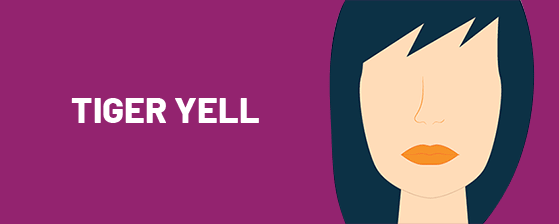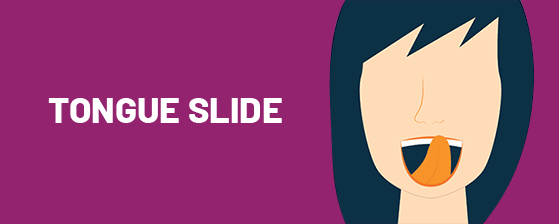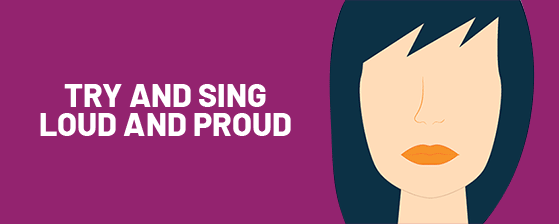Topics: Sleep Apnea, home sleep test, cpap
Do you gasp for oxygen, experience loud snoring, and usually awake with a heavy head in the morning? You should suspect having sleep apnea. Sleep apnea is a chronic sleep disorder in which the relaxed muscles of the throat airway collapse and obstruct the flow of air. It can be dangerous if left untreated. If you’re suspecting sleep apnea symptoms, get yourself checked from the comfort of your house. Book a home sleep test and get sure about your sleep situation.
But, the good news is that sleep apnea can be reduced to a certain extent through oral exercises. Here we are specifically talking about mouth and tongue exercises. These mild physical exercises including yoga are invented for the throat and cardiovascular muscles, that can improve your breathing pattern.
Since sleep apnea affects the muscles in the throat, if these muscles are strengthened, they might maintain more tension while sleeping which eventually helps in opening airways. Exercising is beneficial for longevity and healthy life, let's looks at the sleep apnea breathing exercises, what benefits they have in store for us:
Benefits of Tongue Exercises for Sleep Apnea
There is plenty of evidence that associates lifestyle change with a reduction in sleep apnea symptoms. According to a study, regular Tongue exercise can decrease the risk of exacerbated signs of Obstructive sleep apnea. Ultimately, this improvement in pegs can result in bigger success.
Moreover, practicing yoga can make you learn how to breathe correctly from your diaphragm which might reduce the blocks in your airways, and eventually sleep apnea will be finished.
Besides regular exercise, it is significant to give your smaller muscles a stretch: your mouth, throat, and tongue to be specific. This is an area of muscle workouts known as oropharyngeal exercises.
How Can Oropharyngeal Exercises Alleviate Sleep Apnea Symptoms?
Performing oropharyngeal exercises can help you in obstructive sleep apnea as they tone and strengthen your muscles which are directly involved in the process of keeping your airways wide and open. It is similar to working out other muscles in your body; different workout techniques will benefit different muscles.
Some of the specific mouth exercises advised for you will depend upon the weakest area of your mouth.
For example, if your throat muscles are collapsing while you're asleep, you must focus on all the recommended oral exercises for your throat. If your tongue falls back into your throat when asleep, you should focus on strengthening your tongue.
Moreover, regular mouth and tongue exercises might help decrease your sleep apnea symptoms and it can make your CPAP therapy more effective, therefore, it is important for you to be aware of the parts you need to exercise on and why.
Tongue, Soft palate and Throat exercises for sleep apnea
Generally, the exercises that work the throat, tongue, soft palate, and jaw are sorely considered to be some of the most effective exercises for decreasing the intensity of sleep apnea symptoms. Here are some for you to try:
1. Try Tiger Yell

Our throat is generally one of the biggest sources of obstructive sleep apnea problems; therefore, strengthening all the thin and long muscles would certainly help. You should try tiger hell by keeping your eyes wide open and imitating the facial gestures of a tiger who is about to roar or yell.
The goal is to lift the uvula for five seconds at a time and repeat ten times. Try to keep your mouth as wide as possible, move your tongue down your last teeth as far as possible (imitate touching or licking your chin).
2. Perform Tongue Slides

This tongue exercises can help reduce your sleep apnea symptoms that are often caused by your tongue collapsing on the back of your throat. One of the best tongue exercises for sleep apnea is the tongue slide. Push the tip of your tongue against the roof of your mouth (the hard palate) and slide the tongue backward. Repeat this 20 times.
3. Try and Sing Loud and Proud

Singing is one of the best soft palate exercises, It is one of the ways to strengthen the muscles present in your soft palate and the upper area of your throat. This area tends to age as soon as you start growing older. People who have mild to moderate sleep apnea can observe improvements in their sleep after practicing the exercise for at least 3 months.
Start with simple vocal vowel exercises by singing the sound of each of the vowels in an elongated monotone. More recently, a study also backed up this theory by saying that activities like singing and playing wind instruments are extremely helpful for reducing the symptoms of sleep apnea, especially moderate sleep apnea. You can begin with simple vowel exercises by singing each vowel in a considerably loud and elongated mono sound.
If you still feel the symptoms haven't reduced, just consult a sleep expert and get checked.




